☆ PuniPuni Youtube ☆
How to say “light” and “heavy” in Japanese? 軽い / 重い
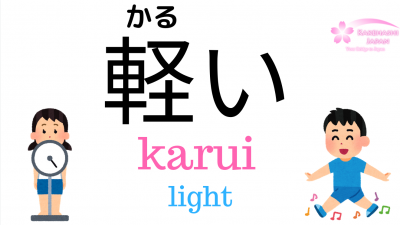
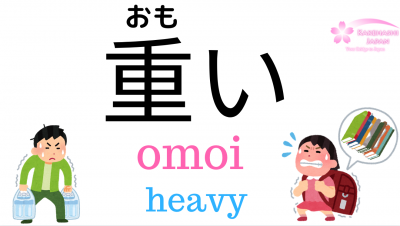
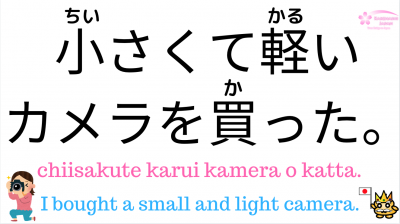
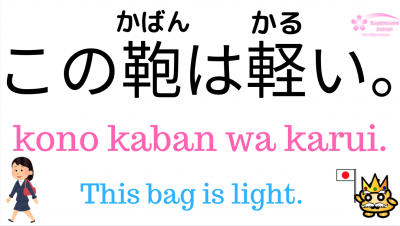
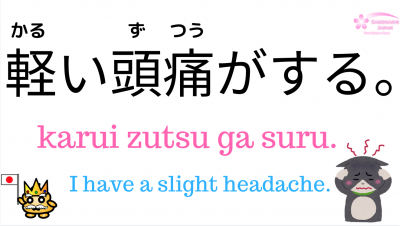
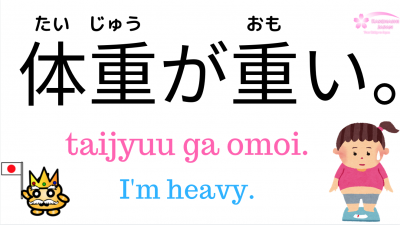
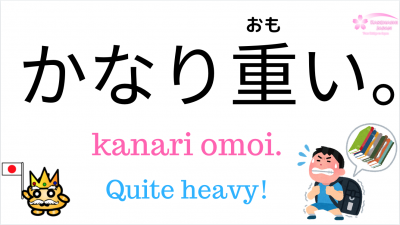
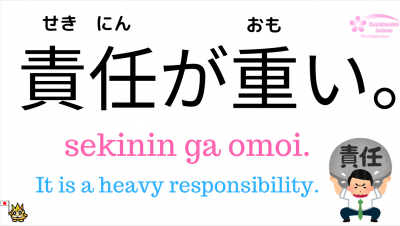
Japanese Vocab Lesson 15: Basic Japanese Adjectives – Review Notes
Today we learned some basic adjectives in Japanese! Adjectives are an important part of learning Japanese because they are used to describe things! Let’s go over what we learned and then we will see a list of some extra Japanese adjectives.
………………………………………………………………………………..
Number 1:
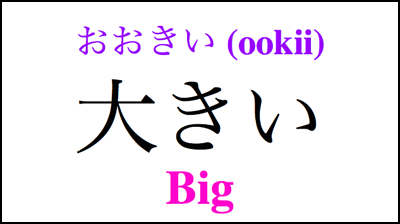
★ The first Japanese adjective we learned is 大きい (ookii).
★ 大きい (ookii) means BIG in Japanese.
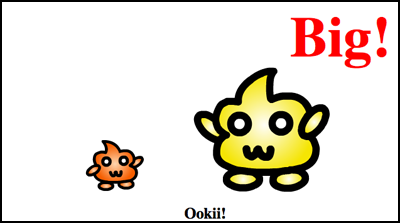
………………………………………………………………………………..
Example 1:
大きい木があります。
Ookii ki ga arimasu.
There is a big tree.
………………………………………………………………………………..
Example 2:
ぷにぷには大きいです。
PuniPuni wa ookii desu.
PuniPuni is big.
………………………………………………………………………………..
Number 2:
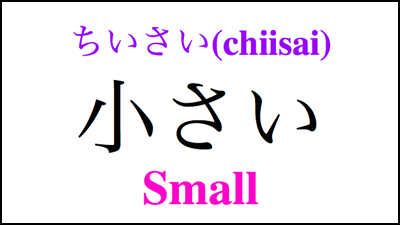
★ The opposite of 大きい (ookii) is 小さい (chiisai)!
★ 小さい (chiisai) means small in Japanese.
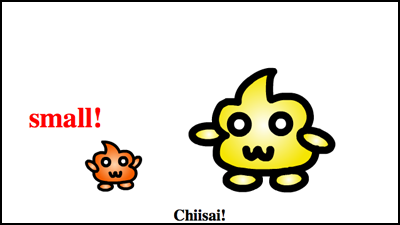
………………………………………………………………………………..
Example 1:
小さい猫がいます。
Chiisai neko ga imasu.
There is a small cat.
………………………………………………………………………………..
Example 2:
ぷにぷには小さいです。
PuniPuni wa chiisai desu.
PuniPuni is small.
………………………………………………………………………………..
Number 3:
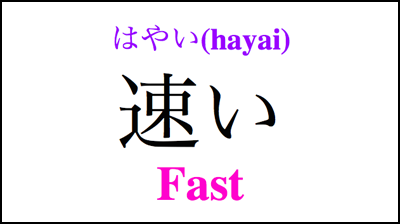
★ The Japanese word for fast is 速い (hayai).
★ There is another adjective, 早い (hayai), that is pronounced the same way and is very similar in meaning, but has different kanji. This word means early.
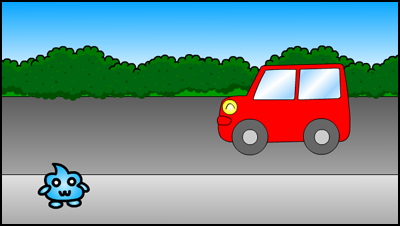
………………………………………………………………………………..
Example 1:
速い車が好きです。
Hayai kuruma ga suki desu.
I like fast cars.
………………………………………………………………………………..
Example 2:
あの車は速いです。
Ano kuruma wa hayai desu.
That car is fast.
………………………………………………………………………………..
Number 4:
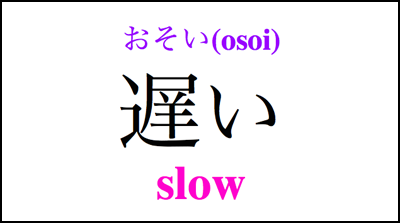
★ The opposite of 速い (hayai) is 遅い (osoi).
★ 遅い (osoi) means slow in Japanese.
★ 遅い (osoi) can also mean late. Unlike hayai which has 2 different kanji for fast and early, Japanese use the same kanji 遅い to mean both slow and late.
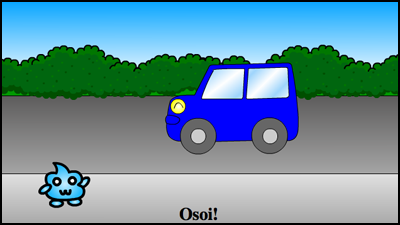
………………………………………………………………………………..
Example 1:
遅い車を追い越した。
Osoi kuruma o oikoshita.
I passed a slow car.
………………………………………………………………………………..
Example 2:
あの車は遅いです。
Ano kuruma wa osoi desu.
That car is slow.
………………………………………………………………………………..
Number 5:
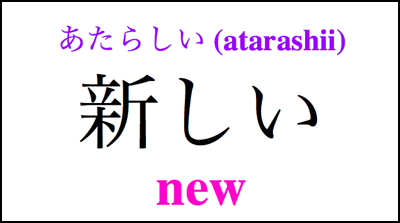
★ The Japanese word for new is 新しい (atarashii).
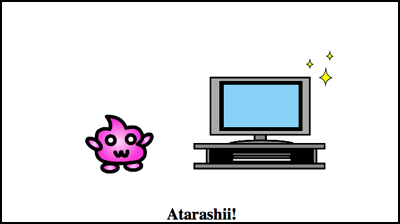
………………………………………………………………………………..
Example 1:
新しいテレビを買いました。
Atarashii terebi o kaimashita.
I bought a new television.
………………………………………………………………………………..
Example 2:
このテレビは新しいです。
Kono terebi wa atarashii desu.
This television is new.
………………………………………………………………………………..
Number 6:
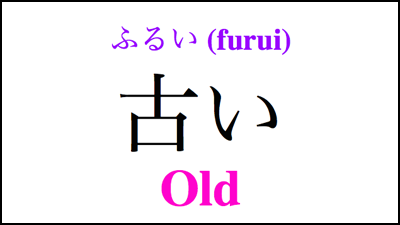
★ The opposite of 新しい (atarashii) is 古い (furui).
★ 古い (furui) means old in Japanese.
★ This word is used only for old things, never for old people. The word old for people is 年寄り (toshiyori).
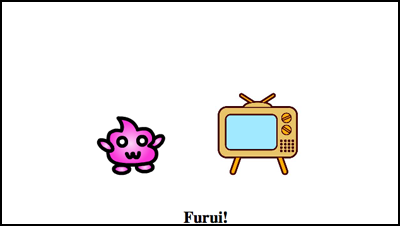
………………………………………………………………………………..
Example 1:
古いテレビを売りました。
Furui terebi o urimashita.
I sold the old television.
………………………………………………………………………………..
Example 2:
このテレビは古いです。
Kono terebi wa furui desu.
This television is old.
………………………………………………………………………………..
Number 7:
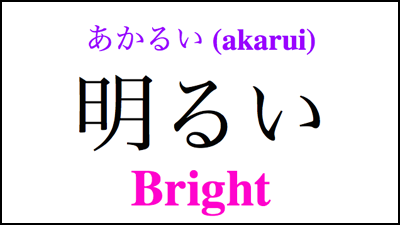
★ The Japanese word for bright is 明るい (akarui).
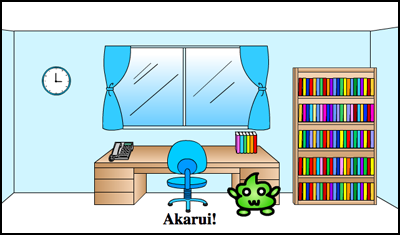
………………………………………………………………………………..
Example 1:
明るい色が好きです。
Akarui iro ga suki desu.
I like bright colors.
………………………………………………………………………………..
Example 2:
この部屋は明るいです。
Kono heya wa akarui desu.
This room is bright.
………………………………………………………………………………..
Number 8:
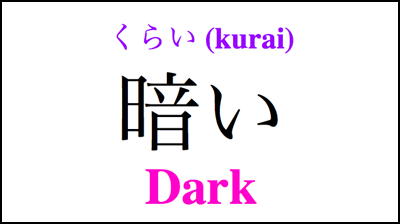
★ The opposite of 明るい (akarui) is 暗い (kurai).
★ 暗い (kurai) means dark in Japanese.
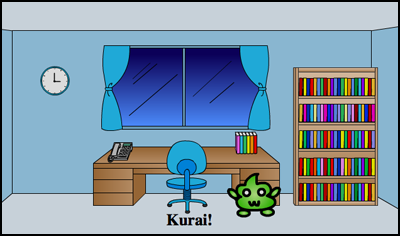
………………………………………………………………………………..
Example 1:
暗い所がきらいです。
Kurai tokoro ga kirai desu.
I hate dark places.
………………………………………………………………………………..
Example 2:
外はもう暗いです。
Soto wa mō kurai desu.
It is already dark outside.
………………………………………………………………………………..
Extra Adjective List:
長い ながい nagai long
短い みじかい mijikai short
高い たかい takai expensive/high
安い やすい yasui cheap
低い ひくい hikui low
太い ふとい futoi thick/fat
細い ほそい hosoi thin/fine
広い ひろい hiroi wide/spacious
狭い せまい semai narrow
軽い かるい karui light (not heavy)
重い おもい omoi heavy
強い つよい tsuyoi strong
弱い よわい yowai weak
……………………………………………………………………………….
Conclusion:
We learned a lot of Japanese adjectives today! But there are still many more to learn! We will be making more videos about Japanese adjectives soon so stay tuned (◕ω◕)♪
If you want to learn more about Japanese adjectives, you might be interested in this book! It includes a list of common adjectives and adverbs and explains in detail about how to use them in a sentence!
……………………………………………………………………………….
Do you want a Japanese tutor?
Take Japanese Skype Lessons with Professional Japanese Teachers on kakehashijapan.com!
………………………………………………………………………………..
………………………………………………………………………………..





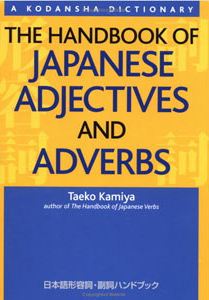


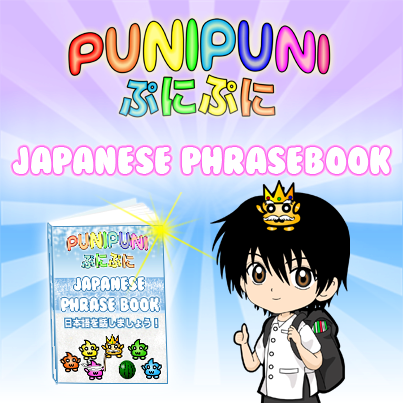

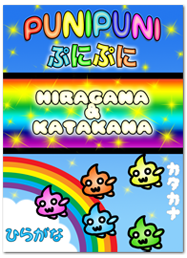
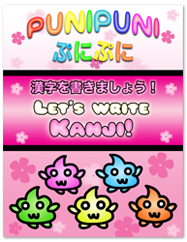
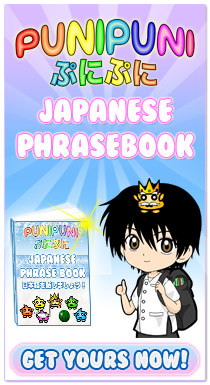

0 comments